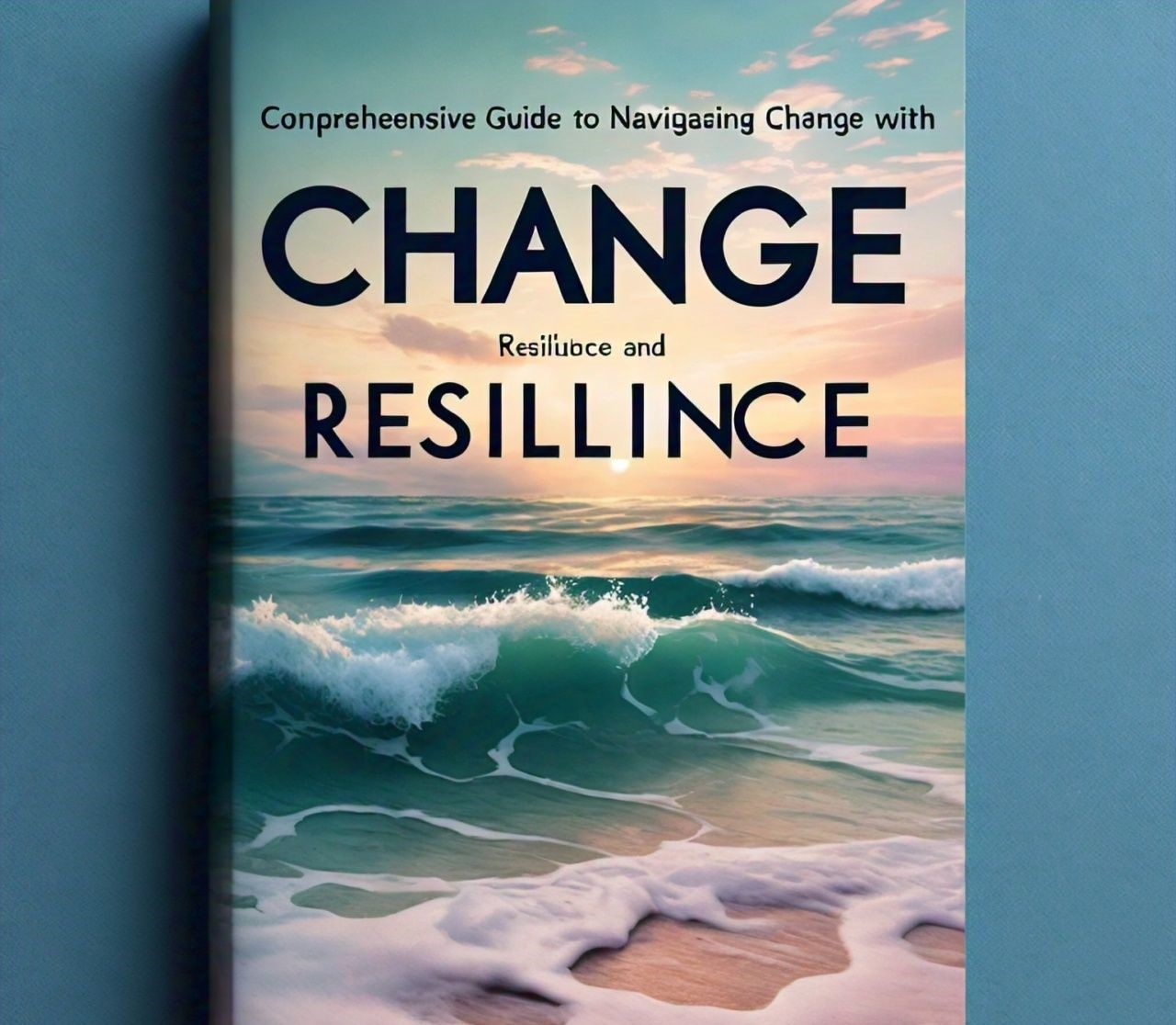Change in Lifestyle | Comprehensive Guide to Navigating Change with Confidence and Resilience Leave a comment
In today’s fast-paced world, change is necessary for a great lifestyle. Whether it’s a new job, moving to a different city or adopting healthier habits, the ability to embrace change with confidence can significantly enhance your quality of life. However, change often brings uncertainty, which can be awful . This comprehensive guide offers strategies to help you navigate through lifestyle changes with poise and resilience.
Understanding the Nature of Change
Change is a constant element of life but its nature can vary. Some changes are planned while others can be sudden and disruptive. Understanding that change is a natural part of life can help you develop a mindset that is more accepting and adaptable. When you recognize that change is an opportunity for growth then it becomes easier to face it with confidence.
The Importance of Mindset
Your mindset plays a crucial role in how you discover and react to change. A growth mindset allows you to see challenges as opportunities rather than obstacles. Embracing a positive outlook can reduce anxiety and improve your ability to accept to new situations. Cultivating a growth mindset involves being open to learning and maintaining a belief that you can overcome difficulties through effort and determination.
Setting Realistic Goals
Setting realistic goals can provide direction and purpose. Break down large changes into smaller is manageable steps to avoid feeling puzzled. For example, if you’re moving to a new city start by researching neighborhoods then look for housing and finally plan your move. Achieving these smaller goals can boost your confidence and provide a sense of achievement and makes the overall transition smoother.
Developing a Support System
Having a potent support system is essential when introducing change. Friends, family and colleagues can offer emotional support and encouragement. Don’t hesitate to reach out to your network when needed. Additionally, consider joining support groups or communities related to your specific change. For instance, if you’re adopting a new fitness routine you should done it by joining a local gym or an online fitness community that can provide motivation and fellowship.
Building Resilience
Resilience is the ability to bounce back from adversity and it’s a key factor in successfully embracing change. To build resilience must focus on developing healthy coping mechanisms such as regular exercises, mindfulness practices and maintaining a balanced diet. Staying physically and mentally healthy enhances your ability to handle stress and recover from setbacks. More importantly, learning to accept that setbacks are a part of the process can foster a more resilient attitude.
Practicing Self-Compassion
Self-compassion involves treating yourself with kindness and understanding during times of difficulty. Instead of criticizing yourself for struggling with change , acknowledge your efforts and remind yourself that everyone faces challenges. Practicing self-compassion can relieve stress and promote a more positive as well as adaptive response to change. Techniques such as positive self-talk, journaling and mindfulness can help cultivate self-compassion.
Staying Informed and Prepared
Knowledge can be a powerful tool in managing change. Stay informed about the specifics of the change you are facing to reduce uncertainty and increase preparedness. For instance, if you’re starting a new job it must to learn about the company culture as well as the expectations of your role and any new skills you might need. Being well-prepared can boost your confidence and enable you to handle new challenges effectively.
Embracing Flexibility
Flexibility is a valuable trait when dealing with change. Being flexible means being willing to adjust your plans and expectations as needed. Life hardly goes exactly as planned and the ability to adapt to new situations without becoming discouraged is hard. Practice flexibility by remaining open-minded and being willing to explore alternative solutions when faced with obstacles.
Leveraging Technology
Technology can be a useful ally in managing change. Utilize apps and online resources to stay organized, informed and connected. For example, if you’re working on improving your health, fitness apps can help track your progress and provide workout routines. If you’re relocating, moving apps can streamline the process by organizing tasks and providing checklists. Leveraging technology can make transitions smoother and less stressful.
Celebrating Progress
Acknowledging and celebrating your progress is important for maintaining motivation and confidence. Take time to reflect on what you’ve accomplished and give yourself credit for your efforts. Celebrations don’t have to be grand even small rewards can produce positive behavior and encourage continued progress. Keeping a journal of your achievements can also serve as a reminder of how far you’ve come.
Seeking Professional Help
Sometimes, the changes we face can be amazing and seeking professional help may be necessary. Therapists, life coaches and mentors can provide valuable guidance and support. They can help you develop strategies for coping with change and offer a fresh perspective on your situation. Don’t hesitate to seek professional assistance if you’re struggling to manage change on your own.
Maintaining a Long-Term Perspective
When dealing with change, it’s easy to get caught up in the immediate challenges and lose sight of the bigger picture. Maintaining a long-term perspective can help you stay focused on your ultimate goals and aspirations. Remember that change can lead to personal growth and new opportunities. Keeping a vision of your desired future can provide motivation and direction during challenging times.
Conclusion
Embracing change with confidence is a skill that can be developed through mindful practice and deliberate effort. By understanding the nature of change, cultivating a positive mindset, setting realistic goals and building a strong support system, you can navigate life’s transitions with greater ease. Developing resilience, practicing self-compassion, staying informed, and leveraging technology further enhance your ability to manage change effectively. Celebrate your progress along the way and don’t hesitate to seek professional help when needed. Ultimately, maintaining a long-term perspective helps you stay focused on your goals and recognize that change is a pathway to growth and new opportunities. By incorporating these strategies into your life, you can face change with confidence and turn challenges into stepping stones toward a fulfilling and dynamic lifestyle.

Micheal Clark, an expert in lifestyle, brings extensive expertise and experience to his writing. As a celebrated author, he offers readers insightful perspectives on living well, blending practical advice with engaging narratives that inspire and inform.




















